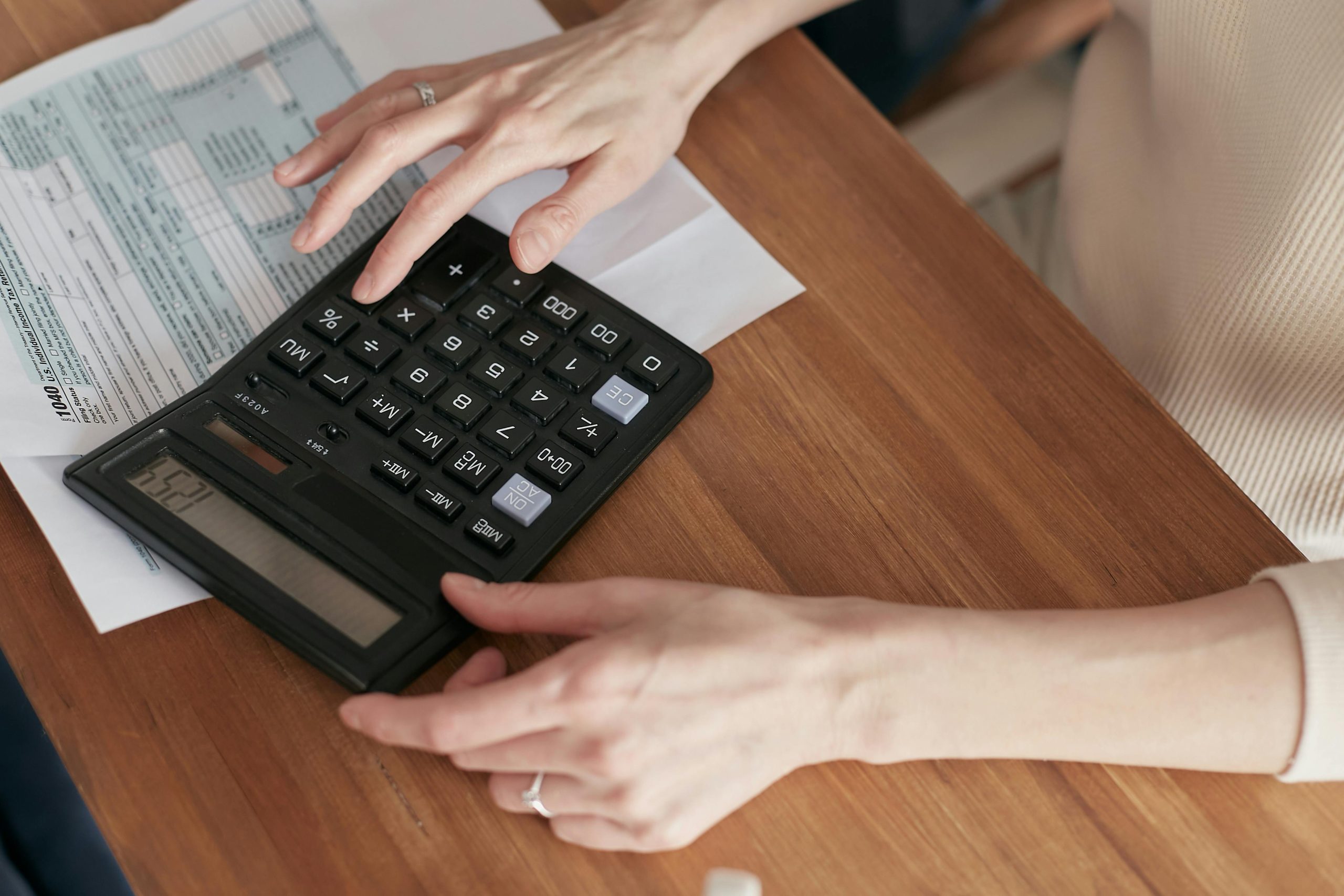This article was published on 25 Feb 2022. At the time of publishing, this article was true and accurate, however, over time this may have changed. Some links may no longer work. If you have any concerns about this please contact us
Money worries are not just a financial problem they can cause relationships problems, people to lose homes and families to break down. People from all walks of life can end up in debt for many different reasons, divorce, redundancy, ill health, bereavement. It’s not always easy to talk about money worries but if you’re struggling financially, it’s important to take action and this debt awareness week is an ideal time to do this.
Debt awareness week was first launched in 2014 by the debt advice charity StepChange. If you’re worrying about money, there are things that you can do to get your finances back on track.
For help on how to spend less click here to read our guide.
Below are some tips on how to improve your financial wellbeing:
- Take stock – where do you owe money and what are the interest rates.
- Work out your budget – what money do you have coming in, what do you need to pay for and what’s left for paying off debt. Use our budget calculator here to help you manage your money. Set yourself a daily spend limit based on how much disposable cash you have each month.
- If you’re looking to make savings – check that you’re not overpaying for your bills and utilities, where can you make savings, for more information use the link here.
- Set up a separate bill account – transfer an amount each month to cover the cost of all your household bills. This will give you greater control over your finances and you ensure you do not make late payments.
- Set yourself saving goals – saving regularly could provide you with a financial buffer for any unexpected bills or be used to save for short term purchases or long-term aspirations.
- Check your bank balance – regularly, so there are no nasty surprises.
- Review your mortgage – to see if you can reduce your monthly outgoings, check with your provider or an independent mortgage advisor.
- Review your insurance – Why not see if you could save money by changing your home or car insurance provider.
- Check your credit score – using one of the various companies available online including Experian, Equifax, or TransUnion. For more details on the impact of your credit profile click here to read our guide.
Understanding your debts and how much you’re paying back is important. No debt problems are unsolvable and the earlier you deal with them the easier they are to deal with.
Be aware of how you spend your money
Stick to the golden rule of borrowing: don’t go into debt for something that will last for less
time than the amount borrowed takes to pay back.
Impact of debt on your mental health
Worrying about money can negatively affect your mental health and for those people experiencing mental health problems it makes it harder to manage their finances. According to the Money and Health Policy Institute report ‘a silent killer’ problem debt can also be linked to suicide.
According to the Police Federation’s annual Pay & Morale survey results published in November 2020 around a third of respondents worried about the state of their personal finances either every day or almost every day.
It’s important to start talking about money worries before your situation gets worse. Talking about money will give you the confidence to get help and find out who can best advise you on any problems.
It can give you a great sense of relief to share your problems, so you’re not facing them alone. It’s important to seek professional advice as soon as possible and not wait until it’s more difficult to find a solution.
Do I have a debt problem?
✔ I find myself using my credit card for essential purchases, like food and bills and the card balance is not cleared at the end of the month
✔ I’m constantly worried about managing my money
✔ I’m behind on my mortgage and can’t catch back up
✔ I am struggling to manage even the minimum payments on my credit card
✔ I’m being contacted about unpaid bills or missed payments
✔ I’m relying on quick fix short-term loans
✔ I’m borrowing from friends or family
Getting help
If you would like to talk to someone about debt, the following organisations are there for you:
We’ve teamed up with PayPlan*, one of the UK’s leading free debt advice providers, who offer free and confidential advice to anyone in serious financial difficulties.
They’re able to advise you on a range of debt solutions suited to your individual circumstances, helping to protect you and your family with a sustainable way to manage your debt.
Get free and confidential help to combat your debt, call PayPlan* on 0800 197 8433.
If you don’t want to talk on the phone, it is also possible to email them.
StepChange is a debt advice charity providing full debt help service across the UK. Online support is also available.
Citizens Advice provide a full debt and consumer advice service, many bureaux have specialist caseworks to deal with any type of debt.
National Debtline is a charity that provides free and independent debt advice. It also has resources to help people deal with their debts. Advice is available over the phone, online and via webchat.
*PayPlan is a trading name of Totemic Limited. Totemic Limited is a limited company registered in England, Company Number: 2789854. Registered Office: Kempton House, Dysart Road, PO Box 9562, Grantham, NG31 0EA. Totemic Limited is authorised and regulated by the Financial Conduct Authority. Financial Conduct Authority Number: 681263
Want to learn more? Access our wellbeing hub here.









